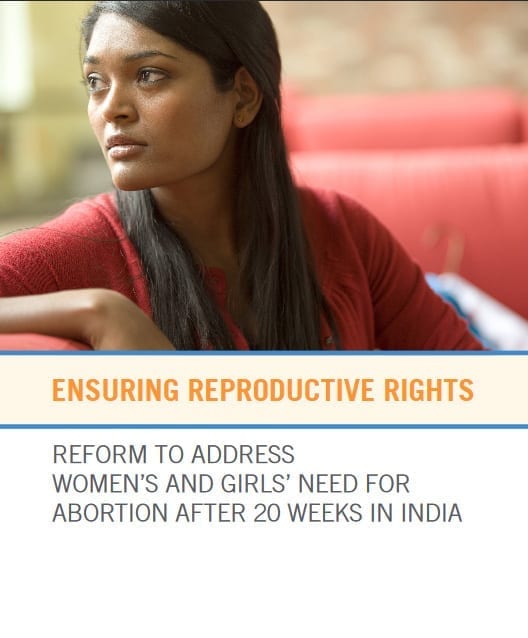Filipino Government Cuts All Funding for Modern Contraceptives
(PRESS RELEASE) One year after Philippine President Benigno S. Aquino III passed groundbreaking legislation that would have guaranteed universal and free access to nearly all modern contraceptives for all citizens, President Aquino has now approved a national budget that cuts all public funding for modern contraceptives—backtracking on his commitment to preserving women’s reproductive health and rights.
On December 21, 2012, President Aquino signed the historic Responsible Parenthood and Reproductive Health Act of 2012, known as the RH Law, that would have significantly improved contraceptive access through government health centers to all Filipinos, especially those living in impoverished communities. The RH Law was immediately challenged in the courts by various Catholic groups and the Supreme Court issued a temporary restraining order, which was subsequently extended, as judges deliberate on the constitutionality of the law with no deadline in sight.
“One year after the historic RH Law was passed, it is unacceptable that politicians and courts continue to erect insurmountable barriers to affordable contraception and restrict Filipino women’s ability to control their reproductive health and lives,” said Melissa Upreti, regional director for Asia at the Center for Reproductive Rights.
“A woman’s right to decide the number and spacing of her children should never depend on whether or not she can afford contraception, let alone on the whim of lawmakers. It’s time for President Aquino to live up to the promise he made last year and stand up for women against these attacks on funding for critical reproductive health care.”
Around the world, the unmet need for safe and effective contraceptive services is staggering: roughly 222 million women in developing countries who want to avoid pregnancy rely on traditional contraceptive methods with high failure rates or do not use a contraceptive method at all.
The Filipino government’s extreme anti-reproductive health care policies restricting contraception and criminalizing abortion has contributed to an estimated 11 women dying each day from pregnancy-related complications and 475,000 illegal abortions performed each year.
The Center for Reproductive Rights has built a significant presence throughout Asia, with major campaigns addressing issues ranging from maternal mortality in India to access to modern contraception in the Philippines. In Manila, the Center has documented the human rights violations that stem from an executive order that effectively bans access to modern contraceptives and that prevents women from controlling their reproductive autonomy. In another report, the Center has documented the criminal abortion ban in the Philippines and how unintended pregnancies have affected women’s lives.

